CHAIN – Contact, Help, Advice and Information Network – is an online mutual support network for people working in health and social care. It gives people a simple and informal way of contacting each other to exchange ideas and share knowledge.
The online Directory can be used to identify and communicate with other members. You might wish to do this to draw from their experience, or to elicit an opinion on an issue or something you are doing. Or you might wish to find collaborators or liaise with fellow-travellers or people with specific skills or interests for a wide range of purposes. You can do this quickly and easily with CHAIN, and part of the advantage is that the people you find will usually be happy to help you if they can.
A representative from CHAIN will be visiting BU on 23rd March at 2:30pm in Wollstone Lecture Theatre, Bournemouth House (BG10) to demonstrate how to make the most of being part of the network. All staff are welcome to attend, and please pass the invitation on to your final year students who may be interested in learning more about what CHAIN has to offer.
Contact Lisa Gale-Andrews at lgaleandrews@bournemouth.ac.uk to book your place.


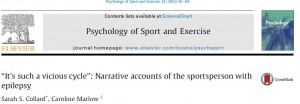

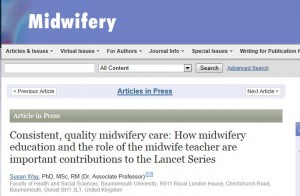
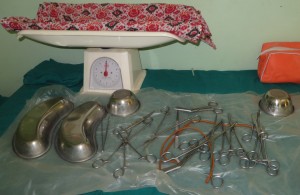
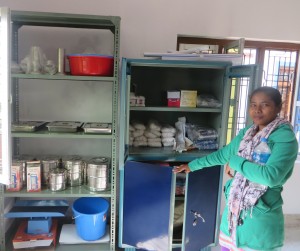

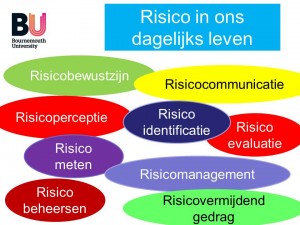



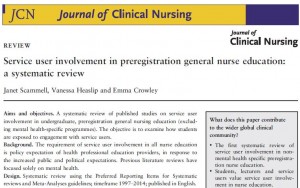
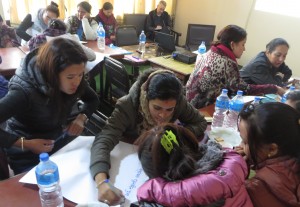
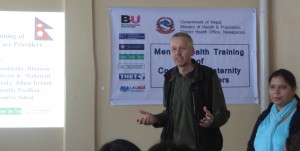

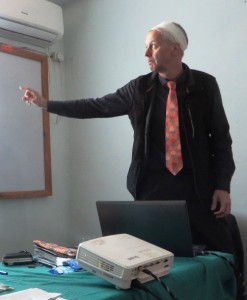
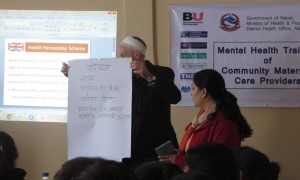
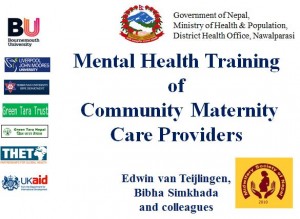
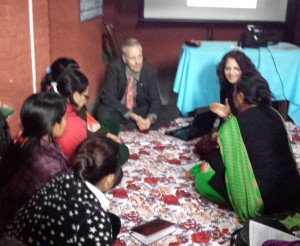
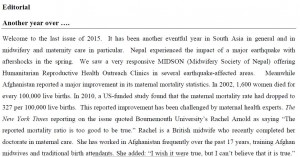












 New CMWH paper on maternity care
New CMWH paper on maternity care From Sustainable Research to Sustainable Research Lives: Reflections from the SPROUT Network Event
From Sustainable Research to Sustainable Research Lives: Reflections from the SPROUT Network Event REF Code of Practice consultation is open!
REF Code of Practice consultation is open! ECR Funding Open Call: Research Culture & Community Grant – Apply now
ECR Funding Open Call: Research Culture & Community Grant – Apply now ECR Funding Open Call: Research Culture & Community Grant – Application Deadline Friday 12 December
ECR Funding Open Call: Research Culture & Community Grant – Application Deadline Friday 12 December MSCA Postdoctoral Fellowships 2025 Call
MSCA Postdoctoral Fellowships 2025 Call ERC Advanced Grant 2025 Webinar
ERC Advanced Grant 2025 Webinar Update on UKRO services
Update on UKRO services European research project exploring use of ‘virtual twins’ to better manage metabolic associated fatty liver disease
European research project exploring use of ‘virtual twins’ to better manage metabolic associated fatty liver disease